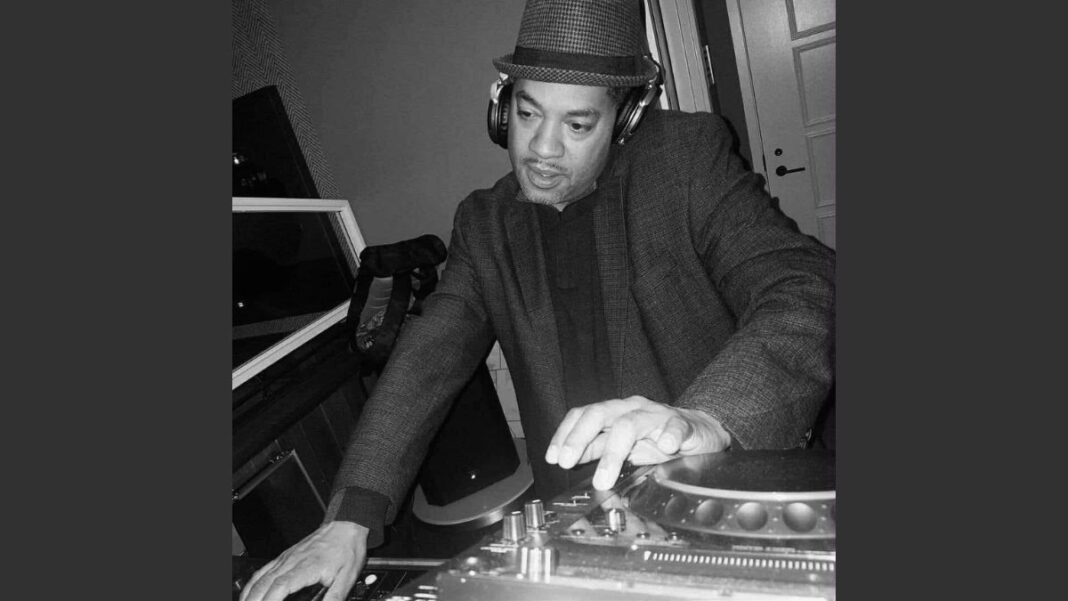Craig Elliott, founder of SpinDoctorDJs, has spent over 30 years preserving Chicago’s Black music legacy through soulful DJ sets, mentorship, and cultural storytelling (Photo Provided).
Before there was a name for house music and hip-hop was on the airwaves, Craig Elliott was in the room. He studied the culture, held space, and listened more deeply than most. For over 30 years, Elliott has become one of Chicago’s most reliable cultural curators, one who moves crowds, mentors DJs and protects the pulse of Black Chicago.
The South Side native and founder of the SpinDoctorDJs Coalition has DJ’d for everyone from Martell Cognac to the Chicago Cubs. But Elliott’s power moves are found not just in who he spins for but in how he makes people feel—how he gathers people through music, how he affirms and even heals while always making room for the up-and-coming DJs behind him.
In 2024, that body of work would be nationally recognized. Elliott was presented with the Presidential Lifetime Achievement Award by former President Joe Biden, which recognized his art and work in cultural preservation and their lasting impact over the years.
As we close out Black Music Month, his story is not only timely, it’s essential. For The Chicago Defender, an outlet rooted in honoring Black excellence, Elliott represents the oral tradition of sound. This modern-day cultural translator keeps Black joy, resistance, and memory in rotation.
Roots in Rhythm: From B-Boy to Beat Curator
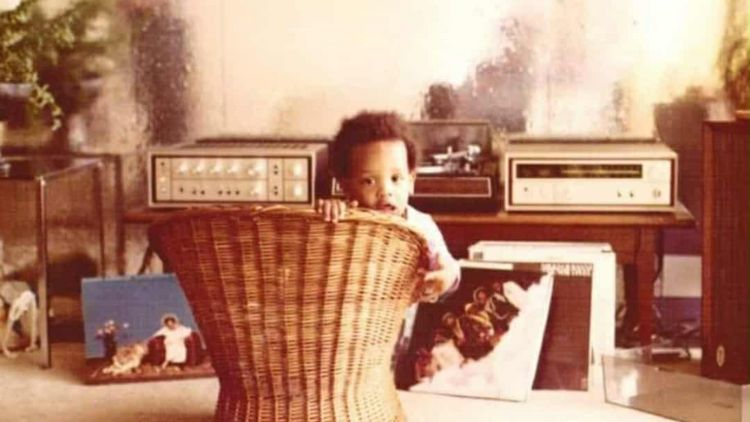
Craig Elliott as toddler (Photo Provided).
“I love the DJ. I love the craft,” Elliott says, reflecting on growing up on Chicago’s Low End.
“We were there at the birth of house music and the birth of hip-hop. That made us special.”
Elliott’s musical roots weren’t in turntables but in hip-hop’s earliest expressions. A B-boy in the 1980s, he was immersed in breakdancing, tagging (also known as graffiti writing), and hosting before he ever spun records.
“You were either breaking, tagging, rapping or spinning,” he recalled.
“I was a breakdancer first, then I started hosting. People thought I was the DJ because I was on the mic—but I wasn’t behind the boards yet. That came later.”
A hobby, a gig, now his passion. “It’s about the power of Black culture to move people,” he said. “And on a more emotional level, it’s about our expression.”
From Books to Booths: The Academic That Spins
In addition to being an expert when it comes to the groove, Elliott is also a scholar. Elliott is from a family that moved in circles with Black Arts Movement writers Don Lee (Haki Madhubuti) and Nikki Giovanni.
“I was going to be a high school English teacher,” Elliott says. “I studied African-American history. I wanted to teach. That mindset never left me—I just moved it from the classroom to the booth.”
He assisted with the curriculum development at The African American Studies Conference at Olive-Harvey College, bridging scholarship and soul.
His academic background provided him with an intellectual foundation and a sense of purpose that extended beyond performance. Elliott’s early mentor, DJ Jay Imani, helped develop the technical skills underpinning Elliott’s signature “feel-good” sound, where soul meets storytelling and every set holds intention.
“Craig didn’t just become a DJ—he studied music and the culture around it,” said fellow DJ Vince Adams. “He was a student of the scene before ever touching equipment. And that gave him a unique range.”
Brotherhood in Beats: A Shared Start with Kevin Burns
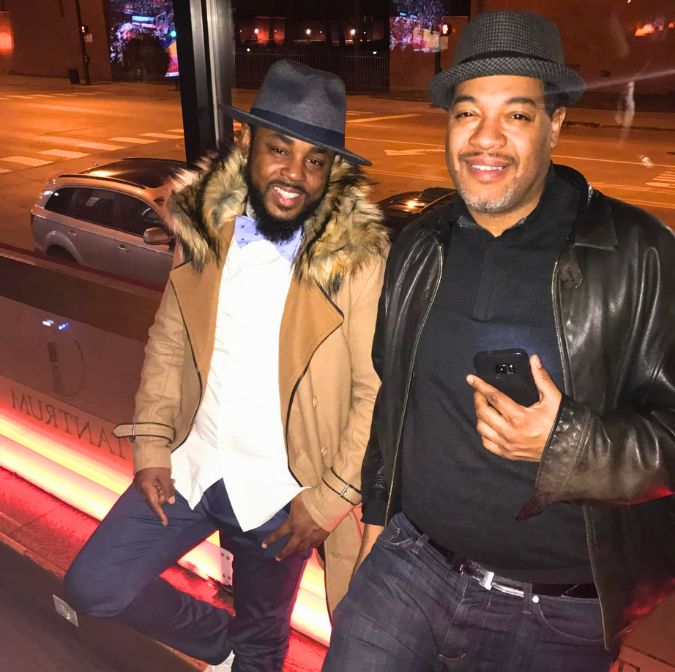
Kevin Burns and Craig Elliott (Photo Provided).
Elliott didn’t come up alone.
He entered the game with Kevin Burns, a fellow Chicago DJ.
“We started out together,” Elliott says. “That was my brother. We were both just trying to build something that made people feel good.”
Their early collaborations planted seeds that grew into decades of community-centered DJing and events.
The Feel-Good Philosopher
Elliott doesn’t follow trends.
He follows the truth. For years, he has built a sound founded in soul, groove, and intentionality. He became known for Sunday grooves that doubled as altar calls, where rhythm and restoration sat at the same table.
“It wasn’t just about what I played—it was how I made people feel,” he said. “That became my fingerprint.”
Whether it’s a Prince tribute night or a Frankie Knuckles house set, Elliott leads with emotion, not ego.
A New Kind of Pioneer: DJing After 30
In a city of DJs who came up as teens, Elliott’s decision to start DJing in adulthood was revolutionary. And for many, it was a form of permission.
“Craig showed that you didn’t have to start at 15 to matter,” Adams explained. “He gave grown men with careers the courage to say, ‘I can do this too.’ He lowered the barrier of entry without lowering the standard.”
By modeling growth later in life, Elliott helped usher in a new wave of DJs who believed the opportunity had passed them by.
Sound as Resistance, Preservation, and Presence
Elliott sees DJing not just as a job but as an act of cultural defense.
“Black music has been commercialized across the board,” he recalls. “People want something back—something that still feels like ours.”
He’s also candid about how Chicago’s music has been lifted and diluted elsewhere.
“Motown was just the polished, packaged version of what we were already doing in Chicago,” he says. “They sold it, but we birthed it,” he added.
“People come here to take it—but ours stays original.”
That’s why he feels he must protect Chicago’s sound, raw and sacred, and unapologetically Black, across genres such as funk, soul, hip-hop and house.
Mentorship, Innovation, and the Future
Elliott now embraces mentorship, just as DJ Jay Imani once did for him.
“I want to show up the way others showed up for me,” he says. “Whether that’s through mentoring younger DJs or remixing music in new ways—I’m here to carry the sound forward.”
He has been innovative in new digital realms, creating a podcast-style mix show that’s a hybrid of radio and club culture.
“He wasn’t just spinning—he was producing,” says Adams. “Thinking like a radio host. That’s what made his mix show so different.”
Legacy Over Likes
Looking ahead, Elliott isn’t worried about going viral; he’s focused on being vital.
“I want to do this on a higher level—scale up, build something lasting,” he added. “Some nights, it’s not about what’s hot. It’s about what’s true. That’s the sound I want to carry.”
He adds with a smile:
“I still haven’t figured out how to measure the impact. But when people stick around just to hear what I’ll play last—that’s when I know I did something right.”
A Defender of Culture
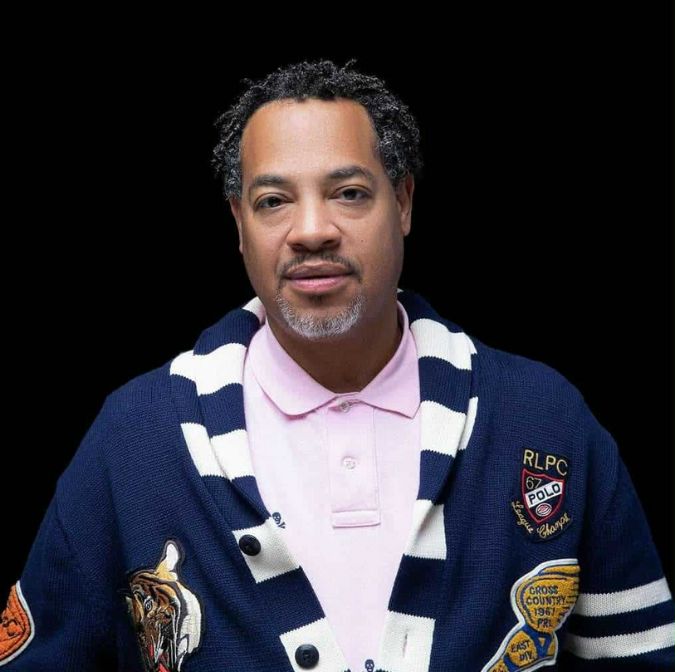
Photo Provided
Craig Elliott’s story reminds us that the loudest voices don’t always come from the stage. Sometimes, they come from behind the booth, from those who are listening as deeply as they’re spinning.
His legacy belongs in The Chicago Defender—not just because it celebrates Black excellence, but because it protects it.
In a city steeped in rhythm, Craig Elliott doesn’t just play music; he protects it.
He’s a translator of rhythm.
A steward of soul.
A turntable historian, spinning stories that stretch beyond the beat.
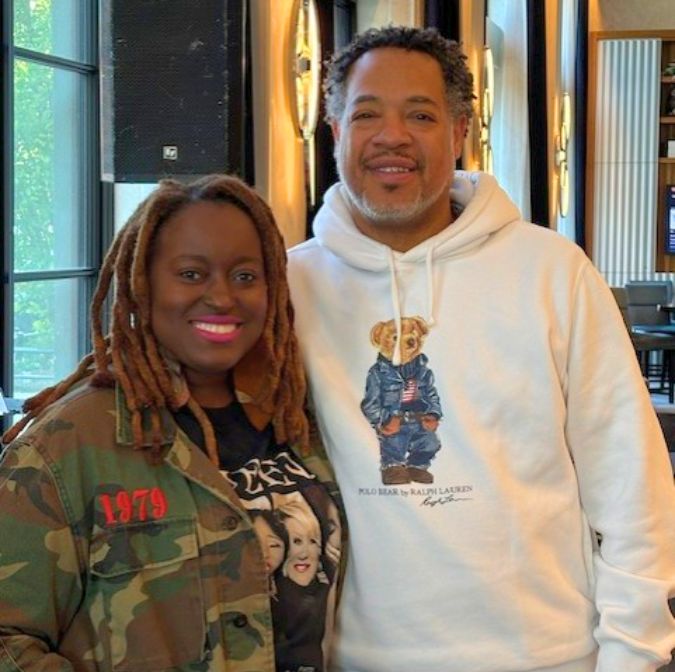
Inez Woody and Craig Elliott (Photo Provided).

